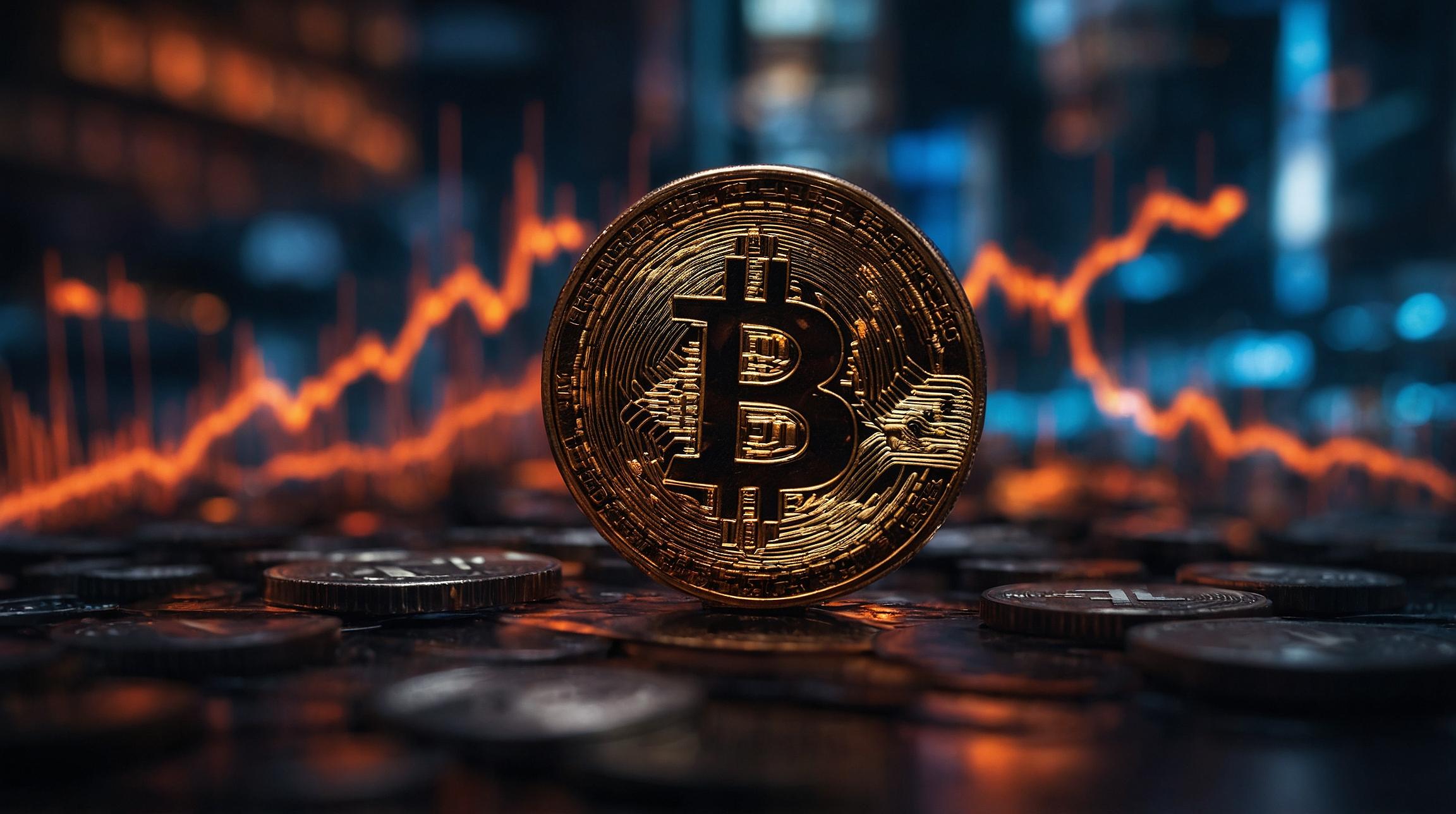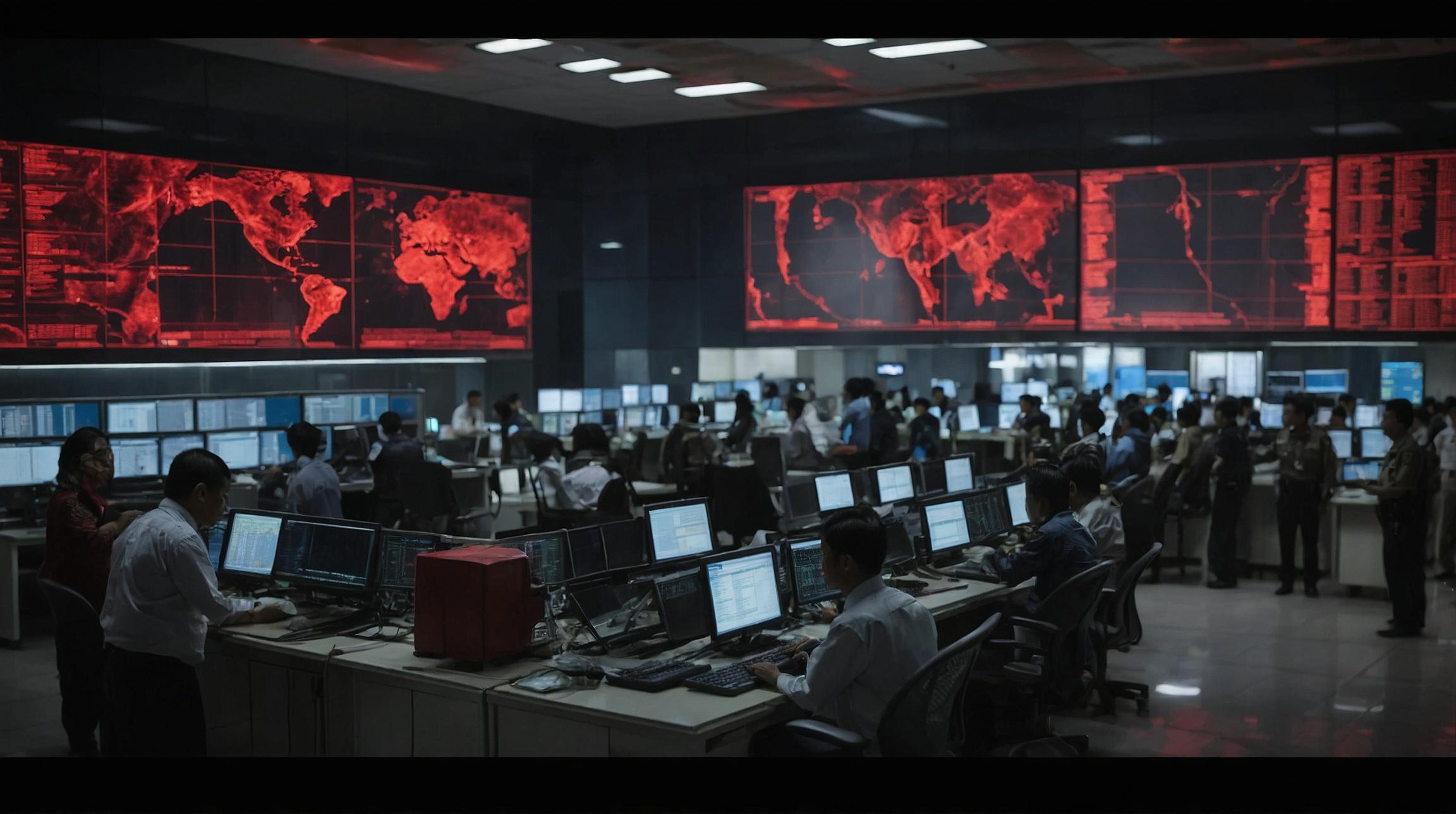Google and Apple Compared to British East India Company by Shark Tank India Judge
Shark Tank India judge and founder of Shaadi.com, Anupam Mittal, has made a controversial comparison between tech giants Google and Apple and the British East India Company. Mittal argues that these companies operate with "complete impunity" and are taking advantage of their dominant positions in the market.
Unfair Billing System by Google
The main issue at hand is Google's user choice billing system, which imposes a service fee on app developers for downloads of paid apps and in-app purchases from the Play Store. This fee can range from 11% to 26%, depending on the transaction. Mittal views this as an unfair practice.
CCI Order Fails to Address Concerns
An order from the Competition Commission of India (CCI) had stated that there would be no discrimination regarding Google's billing system. However, Mittal argues that the transaction fees imposed on apps downloaded through the Play Store, which can amount to 15-30% of revenues, is problematic.
Mittal expresses his frustration with these companies, stating that they want "50% of the revenues of the startups". He describes them as the "new East India Company" and accuses them of operating with arrogance and impunity.
Penalties Needed to Ensure Compliance
Mittal advocates for penal provisions that would hold companies like Google and Apple accountable for "twisting and turning" the law while violating its spirit. He believes that these companies should face substantial penalties, asserting that mild punishments will not cause them to change their behavior.
Analyst comment
Neutral news.
As an analyst, the market may experience some short-term uncertainty as the issue surrounding Google’s user choice billing system is resolved. If there are penalties imposed on tech majors like Google and Apple, it could potentially impact their profitability. However, the long-term market impact is uncertain and will largely depend on regulatory decisions and how these companies adapt to any changes.













